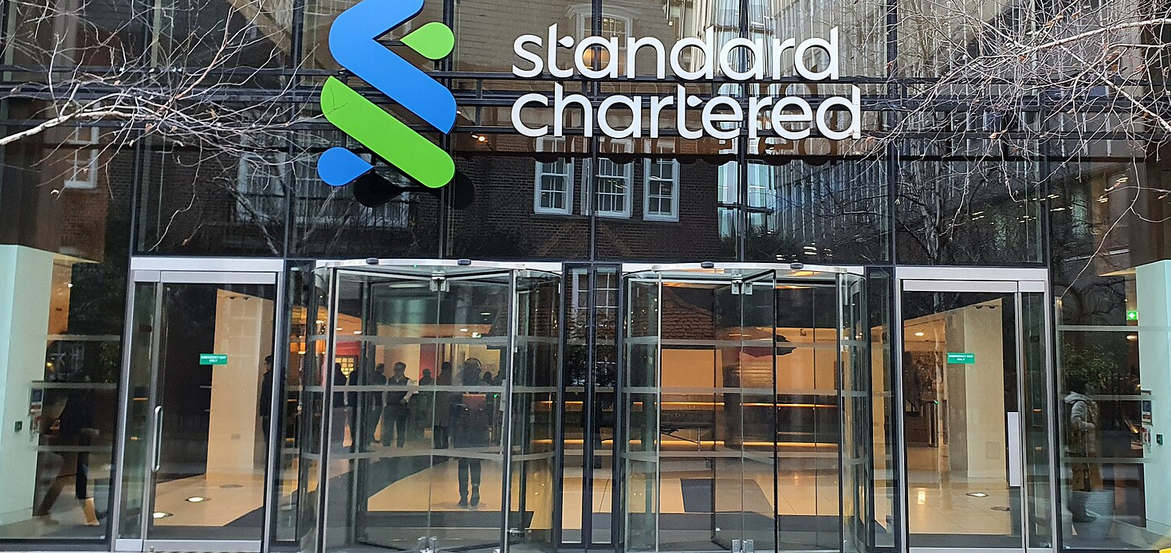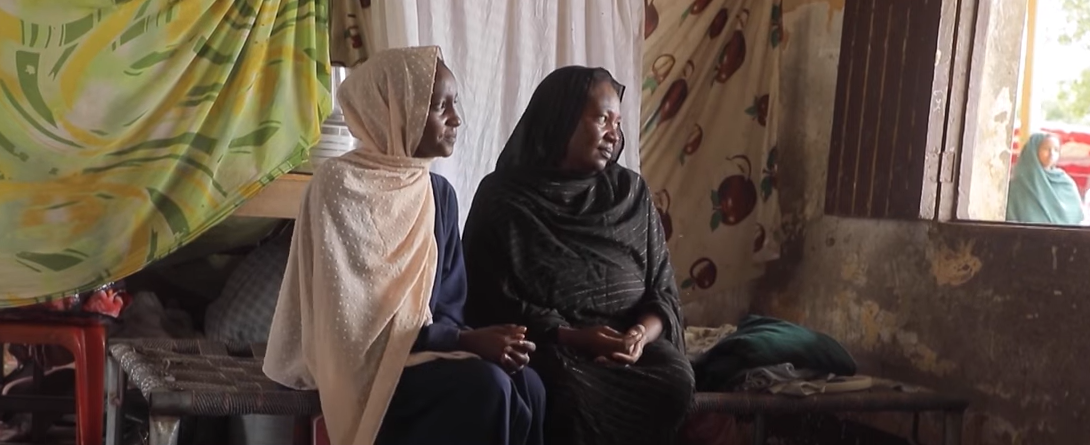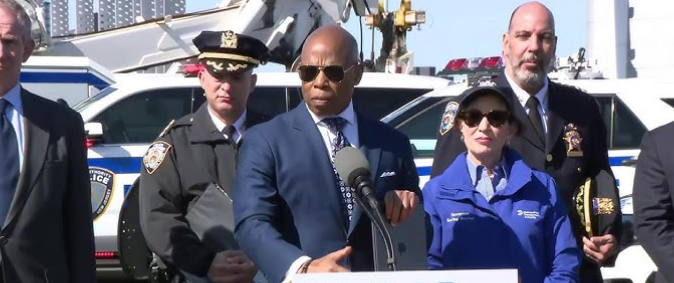Photos: YouTube
This week, Congresswoman Cori Bush (MO-01) proudly introduced the Helping Families Heal Act, first-of-its-kind legislation that would fund mental health resources to support those impacted by police violence. Last year broke the record in number of police killings with 1,o55 deaths by law enforcement in the United States. The mental health impact of police violence is staggering: police killings of Black people are responsible for more than 50 million additional days of poor mental health per year among Black Americans. Heightened vigilance, or hyper-vigilance, increases depressive symptoms in Black Americans, and furthers the mental health disparity between Black and white people. This legislation would establish a government-funded program to provide victims of police brutality and their family members with access to mental health services.
“Abuse from law enforcement opens wounds that are not so easily healed. As St. Louis continues to be among the top regions of police killings nationwide, it is time we center the trauma associated with state-sanctioned violence,” said Congresswoman Bush. “Currently, there are no government-funded mental health programs or services targeted for victims of police brutality, leaving communities without the tools to heal and for trauma to linger. I am proud to have collaborated with Lezley McSpadden, mother of Michael Brown, in introducing the Helping Families Heal Act, which would establish mental health services for our youth, families, and communities who are impacted by the trauma of police violence.”
“My mental trauma, lives in me. My mental trauma has never let me leave Canfield Drive. My mental trauma repeatedly shows me images of my lifeless 18 year old black unarmed sons body laying in the street for more than 4 hours. The core issue in my trauma is reality,” said Lezley McSpadden, mother of Michael Brown and member of Mothers of the Movement. “Mental health therapy is a first line treatment for trauma. That is why I am proud to have collaborated with Congresswoman Bush in introducing the Helping Families Heal Act, in honor of my son, Michael, which will ensure that other mothers whose children were victims of gun violence can easily receive the mental services and support they need. Being strong isn’t physical, it’s very much metal. To be equipped with a strategy on how to strengthen the mind while giving direction to your emotions, and learning how to heal from your trauma will make you whole.”
Specifically, the Helping Families Heal Act would:
Establish a Helping Families Heal Program under the Health and Human Services to implement community-based mental health programs and services to victims and families of victims who have experienced law enforcement violence.
Establish the Healing for Students Program under the Department of Education to increase mental health resources for students and school personnel impacted by law enforcement violence.
Allocate $100 million to support mental health resources and improve access mental health services for communities harmed by police violence.
Congresswoman Bush drafted this bill in collaboration with Lezley McSpadden, the mother of Michael Brown, who was murdered by a now-terminated Ferguson police officer in 2014 and whose death sparked a movement for racial justice. Before being elected into the House of Representatives, following Michael Brown’s killing, Congresswoman Bush spent more than 400 days protesting for justice — leading on the ‘Ferguson Frontline’ as a nurse and clergy member.
The Helping Families Heal Act is endorsed by over 25 black-led organizations, including: Thurgood Marshall Civil Rights Center, Michael OD Brown We Love Our Sons and Daughters Foundation, The Movement for Black Lives, Black Lives Matter Grassroots, Black Male Initiative, One Love Global, and Malcolm X Grassroots Movement.
“The hyper-surveillance of Black neighborhoods, the adultification of Black youth, and the criminalization of Black people all contribute to complex trauma. The trauma is compounded by the all-too-often police violence that disproportionately impacts Black youth and families. When a loved one suffers at the hands of police, the entire family contends with the emotional pain, physical injuries, toxic stress, and financial burdens caused by such violence. The Helping Families Heal Act is a critical first step toward providing people impacted by police violence with the care and support they need to heal and move forward,” said Krisin Henning, Author of “The Rage of Innocence: How America Criminalizes Black Youth” and Director, Juvenile Justice Initiative, Georgetown Law.
“Those who have endured violent traumatic events are unfortunately often subjected to a half-life for the rest of their lives. This is certainly true for those of the Black community who have been historically marginalized and in many ways forgotten. The Helping Families Heal Act provides the appropriate prescription — it takes a leap towards ensuring community members affected by violence at the hands of police will be given the care, love, patience, and visibility necessary to pick up the pieces and heal,” Anthony Brinkley, Formerly Incarcerated as a Teenager, Georgetown Law, 2L.
“This first-of-its-kind bill will be critical in helping victims of police violence heal from tragedy. While we wish this bill wasn’t necessary, the fact of the matter is that police violence is a reality for far too many people of color, the effects of which can last a lifetime. I applaud Rep. Cori Bush for drafting this legislation in Michael Brown’s honor, and remain in awe of Lezley McSpadden, Michael’s mother –– a fierce advocate for her son’s legacy. I urge members of the public to contact their representatives and call for them to pass the Helping Families Heal Act of 2022,” said Attorney Ben Crump.
“Our lives are forever shattered as we contend with the inter-generational trauma affecting every facet of our existence (spiritually, physically, mentally, emotionally, financially, socially),” said Gina Best, Mother of the Movement. “Therefore, it is imperative that all impacted individuals and families are acknowledged and supported with the specific care and resources needed to function and reconfigure our lives as we seek justice for our loved ones. The Mike Brown: Helping Families Heal Act addresses our needs!”
“My story, like so many others, will never stop being told in this country. Every time a person of color is executed by police, we are forced to relive our worst nightmares. We are never able to heal because it continues to happen daily. My United States Supreme Court case, Tolan v. Cotton, is supposed to be a guidepost to enforce police accountability, yet we continue to be victimized and nothing happens to our attackers. We are forced to live with physical, emotional and psychological trauma, compounded with the financial burden of expensive surgeries, funeral arrangements and legal fees. HR8914: The Helping Families Heal Act of 2022, while long overdue, will assist in creating a place of solace and healing for victims and families dealing with trauma from police brutality,” said Robbie Tolan, a major league baseball prospect and the son of former major league star Bobby Tolan, who was shot by Bellaire, Texas police officer Jeffrey Cotton.











